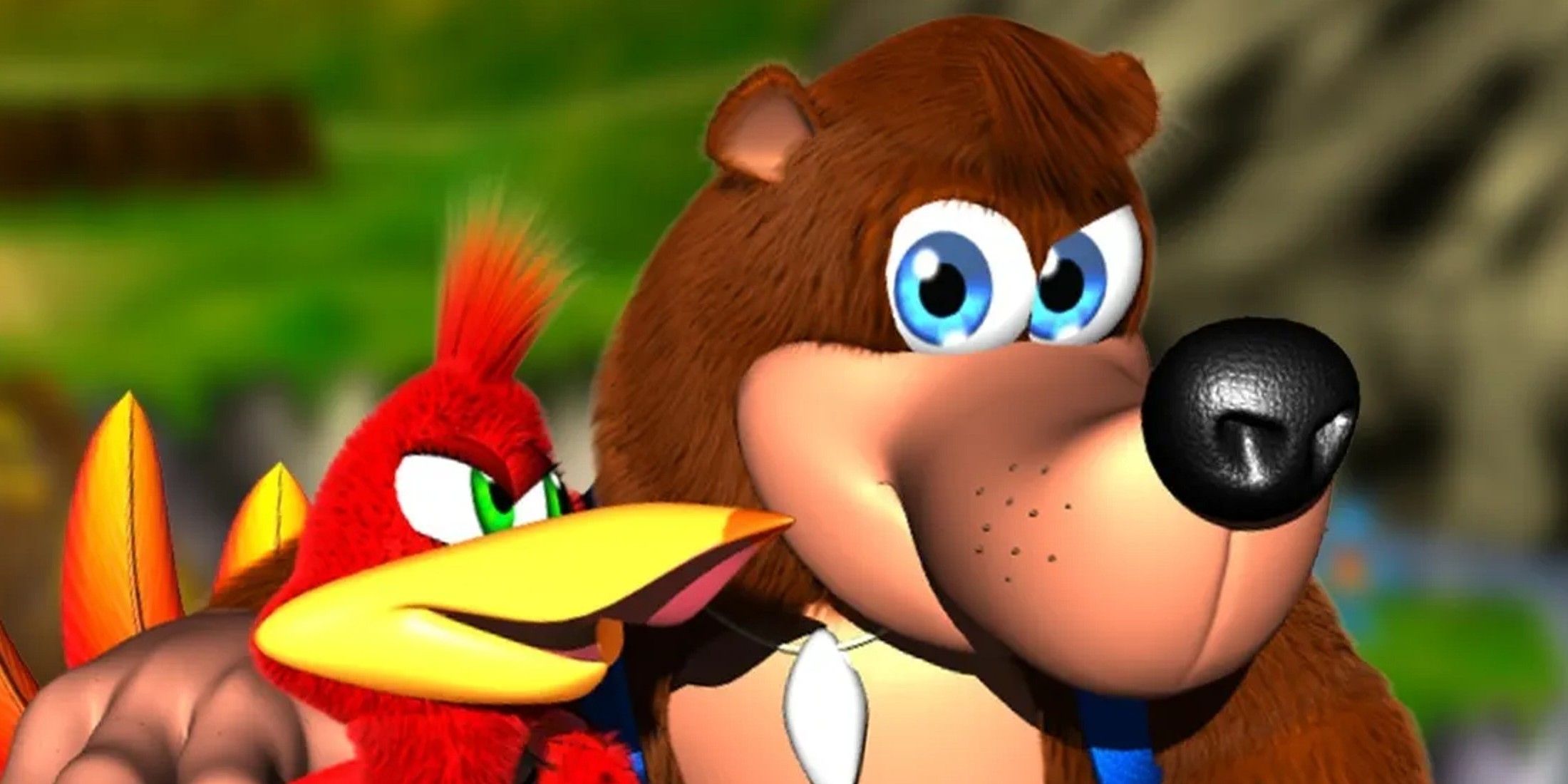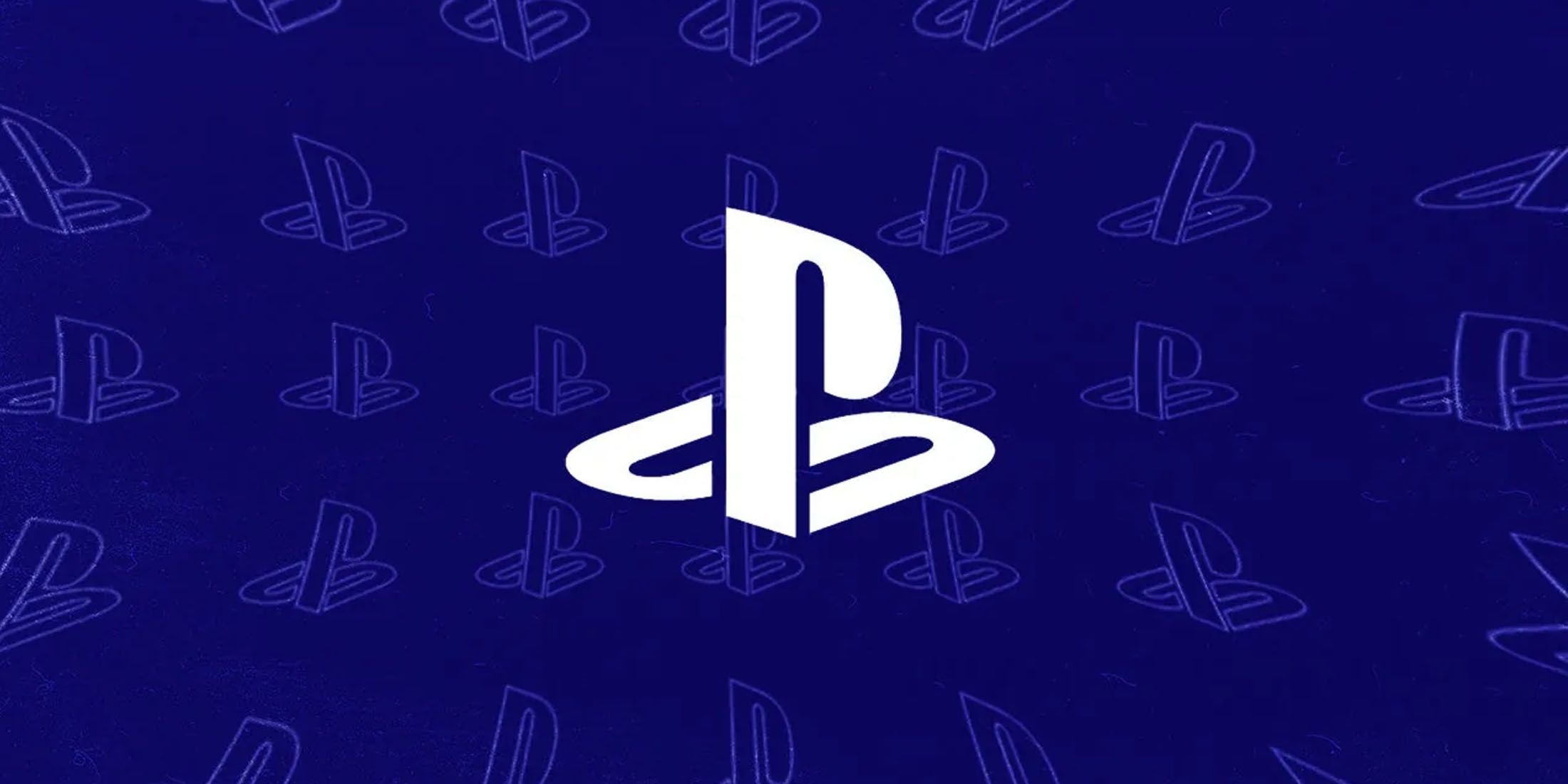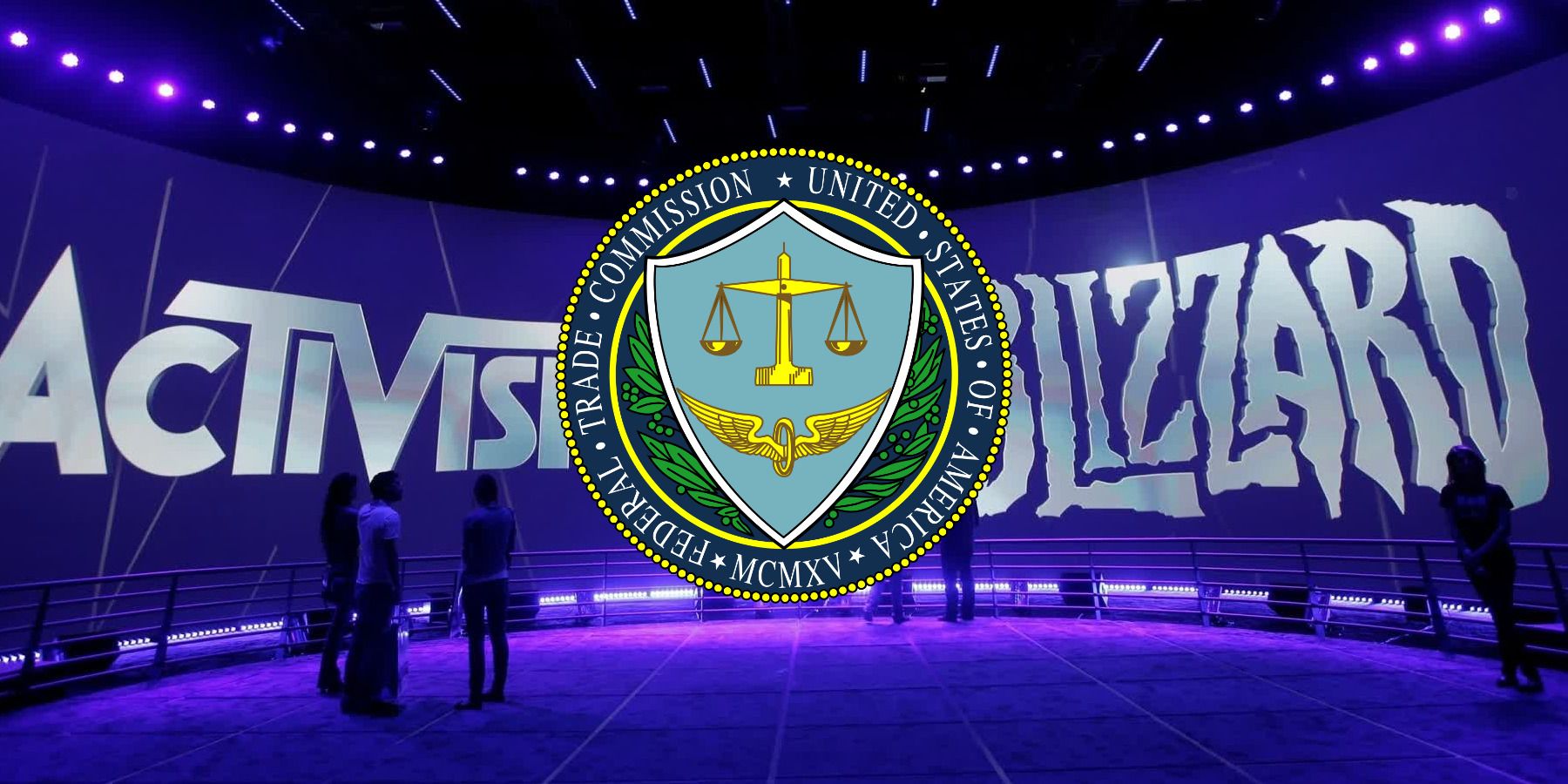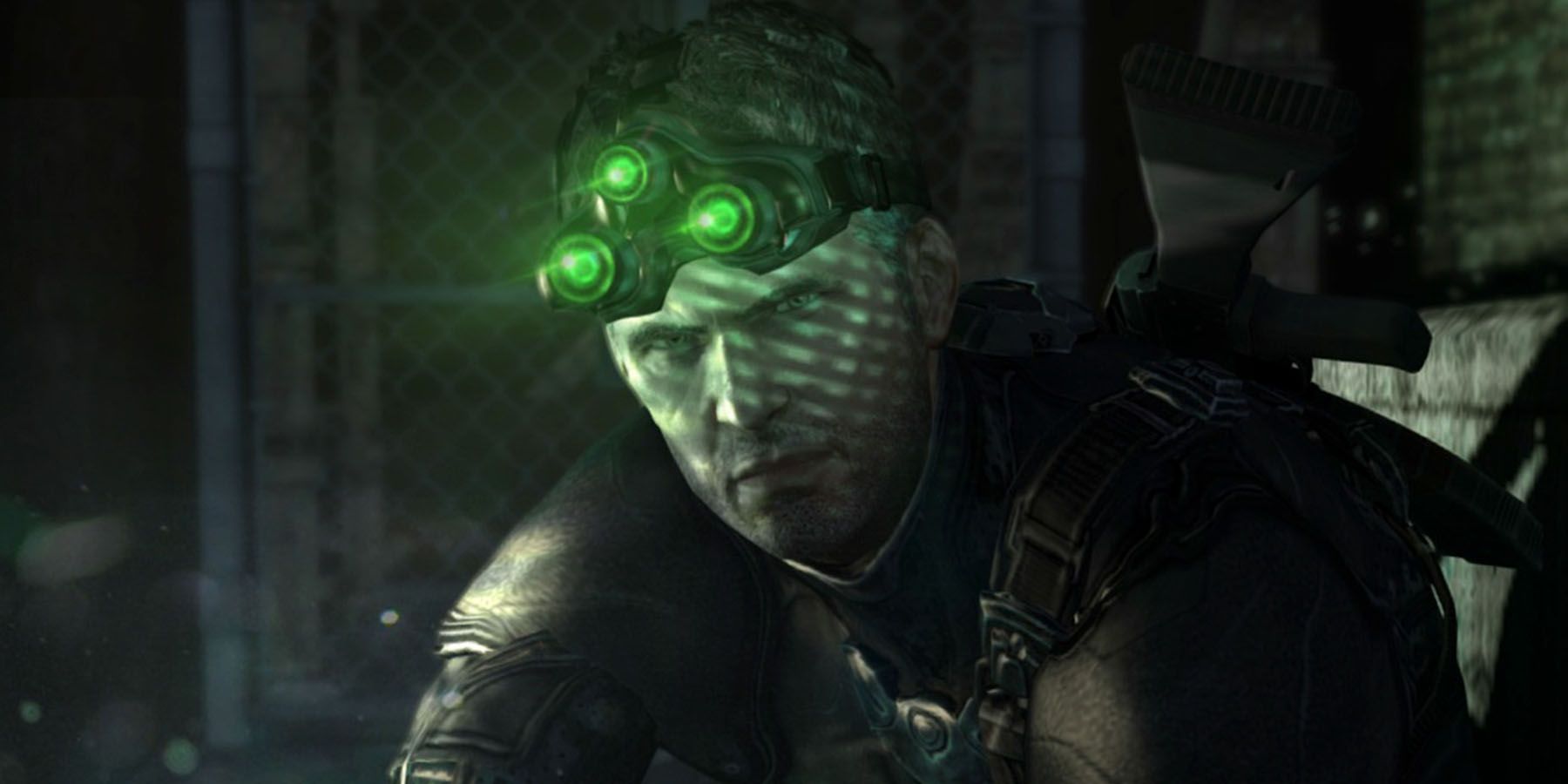Last month, the United States Federal Trade Commission proposed banning non-compete contractual clauses. The new rule would prohibit all non-compete clauses except those agreed upon as part of the sale of a business. With this move, the FTC aims to increase the freedom of mobility and boost income for employees by cracking down on what it views as unfair practices from employers, with video game companies not being immune to this.
This would have enormous repercussions for all players in the video game industry from giants like EA and Ubisoft to the smallest indie developers. After all, non-competes are often used by studios and even publishers to protect their interests from potential competitors. With a global market topping USD 200 billion in capitalization, it’s not a coincidence that employers in the industry are very protective of their assets. As such, the FTC's decision could have a significant impact at home as well as abroad.
How Non-Compete Clauses Work
A non-compete is a contractual clause that prevents employees from competing with their former employers for a certain period in a given geographic area. Non-compete clauses prohibit former employees from starting their businesses in direct competition, like Sony and Microsoft, against their former employers to profit from knowledge acquired while previously employed. They also act as a shield for employers against competitors looking to court their employees to boost their own business.
In theory, non-competes are rooted in the principle of fair competition. While under contract, an employee has an obligation of loyalty towards their employer that is inherent to a contract, but non-competes extend that obligation beyond employment. The purpose of non-competes may be to balance the interests of employees and employers, but it’s easy to understand how it favors the latter. For example, if Nintendo were to be working on a new secret franchise, it could block its competitors from getting their hands on that information through one of its recently departed employees.
How Non-Competes Applied to Ubisoft and EA's Case With Splinter Cell Developer Team
Of course, there is a legal theory on one end and then there’s the application of the law on the other. There was a time when employment contracts in the video game industry would always contain non-compete clauses that generally spanned a year. However, they were rarely enforced. That’s because when they were enforced, wrangling over the extent of a non-compete clause would often lead to expensive legal battles. Video game companies like Activizion-Blizzard are no strangers to lawsuits for different reasons, too.
In 2003, EA tried to hire several former Ubisoft Montreal employees who formed the core developer team behind Splinter Cell. Ubisoft sued the employees for violating their non-compete and sought an injunction to prevent them from being hired by EA. The court ruled in favor of Ubisoft and prohibited the respondents from working for EA. The ruling had a notable chilling effect on the movement of labor in the local gaming industry, but the true extent of the damage is impossible to know.
The Issue with Non-Competes in the Video Game Industry
It’s no surprise that in many jurisdictions, non-competes in the video game business have all but disappeared. At the end of the day, it’s a genuine question to ask whether it makes sense to bar employees in the video game industry from working in their field for any period. Furthermore, there are already laws in the books that protect trade secrets and intellectual property, like video game patents, such as the Uniform Trade Secrets Act in the United States or the Patent Act in Canada along with a mountain of jurisprudence.
Therefore, the ultimate death sentence of non-competes may encourage developers employed by big studios to innovate and start their indie game development studios without fear of the gavel. This could spur an entirely new generation of interesting games away from the stunting influence of the AAA cocktail circuit that prefers playing it safe with new releases. Perhaps the FTC’s move might be a boon for the video game industry and gamers after everything is said and done.







